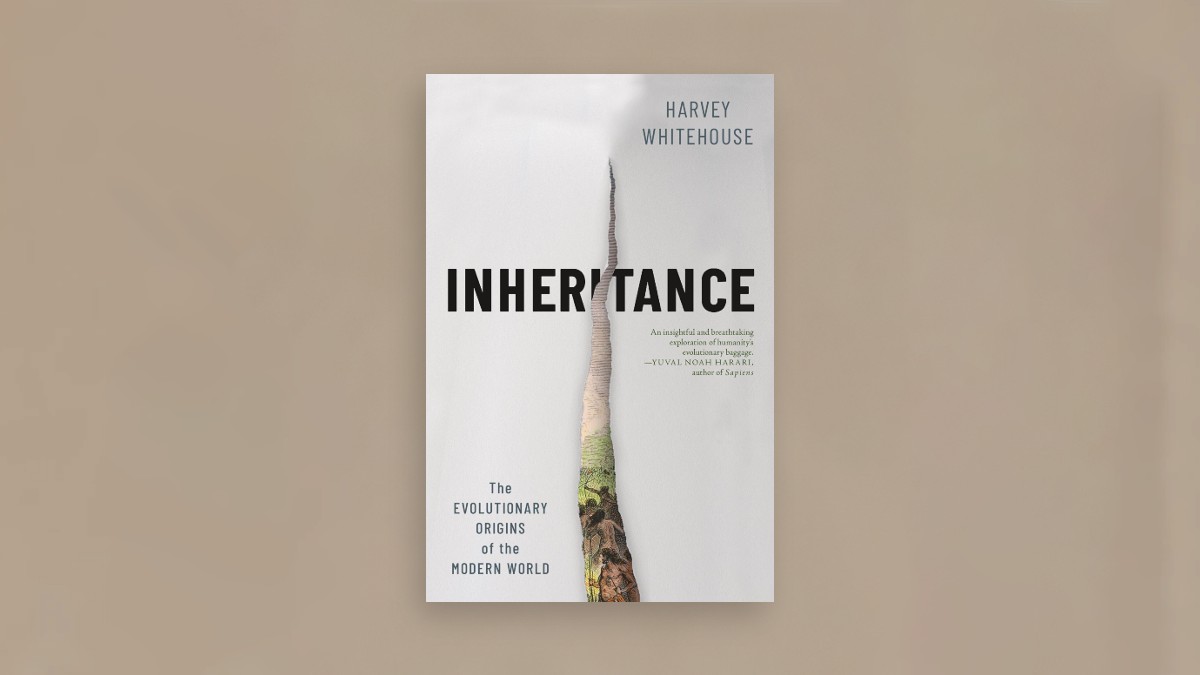#7: End Aid to Africa

When President George W. Bush came to office in 2001, the U.S. was sending $1.4 billion a year to Africa in humanitarian and development aid, including programs intended to foster democracy, fight corruption and poverty, and combat the rampant HIV/AIDS epidemic. By 2006, the U.S. had quadrupled that aid to $5.6 billion. Total aid to sub-Saharan Africa amounted to almost $50 per person in 2008. Yet corruption is chronic, from high-level political graft to street-level bribes, and costs Africa an estimated $150 billion per year, according to a 2002 report. The corruption watchdog agency Transparency International’s 2009 Corruption Perception Index found, of 47 African countries studied, 31 scored less that 3 out of 10, translating to “rampant” corruption that dissipates aid and stagnates economic growth.
We should stop sending aid money, says former Goldman Sachs economist Dambisa Moyo, it simply isn’t working, and it’s contributing to corruption.
Economic investment, and with it growth, requires a baseline pool of savings, says Moyo. The idea behind aid is that it serves in lieu of sufficient savings, temporarily buoying the economy and attracting investment — at which point the need for aid ends. “What we have seen actually is that has not been the case,” Moyo says, adding, “If anything, we’ve seen growth rates go down across Africa, and poverty levels rise very dramatically while at the same time aid has consistently risen over time in Africa.”
Moyo says there are three types of aid in play in Africa: Humanitarian aid for emergencies; NGO or charitable aid, which supports clear and defined projects; and “the large billion dollar programs of aid that go from governments to governments and also international institutions such as The World Bank to Africa.” This third type of aid is the the biggest hurdle to development in Africa, according to Moyo.
“If I could pick one thing that is particularly problematic with having large flows of money going into a poor country,” Moyo says, “it would be that all this aid actually disenfranchises Africans. Africans on the ground cannot hold the government accountable in the most effective way. … If the governments behave badly there’s no recourse to that bad behavior from the ground.”
Even the charity- and NGO-led aid that targets specific goals, such as literacy programs and anti-retrovirals, are necessarily temporary efforts, limited by the lack of overall growth, according to Moyo. For an alternative to such aid, Moyo suggests that we support regional microfinance programs similar to the Grameen Bank started by Muhammad Yunus.
Takeaway
The problem with aid is that it’s essentially giving free money to somebody with no recourse, says Moyo: “It means that the incentive structure it introduces is a very negative incentive structure. You can steal that money and have no recourse. You can use that money for non-productive activities and there’s no penalty. There’s no punishment. You don’t lose office. You don’t end up in jail.”
Why We Should Reject This
Jeffrey Sachs, director of The Earth Institute at Columbia University who has served as Special Advisor to both Secretary-Generals Ban Ki-moon and Kofi Annan thinks we need to continue—and even increase aid—in accordance with the U.N.’s Millennium Development Goals (MDGs) intended to reduce extreme poverty, disease, and hunger around the globe by 2015.
Sachs sees aid as essential to solving rampant, preventable problems such as malaria and malnutrition. “There are hundreds of millions of Africans at risk of a killer disease, around two hundred million cases of the disease, and around 1 million preventable deaths per year,” Sachs wrote last year in the Huffington Post.
He asserted that aid has clearly had a positive impact in Africa: “Child mortality has declined from 229 per 1,000 births in 1970 to 146 per 1,000 births in 2007. Adult literacy has increased from around 27 percent in 1970 to around 62 percent in 2007. Primary school net enrollments have increased from around 53 percent in 1991 to around 70 percent in 2007.”
More Resources
— Dambisa Moyo’s Web site and Twitter feed.
— Homepage of Jeffrey Sachs’ Earth Institute at Columbia University.
— U.S. Millennium Challenge Corporation, begun by the U.S. Congress in 2004.
— USAID Sub-Saharan Africa Web site.




